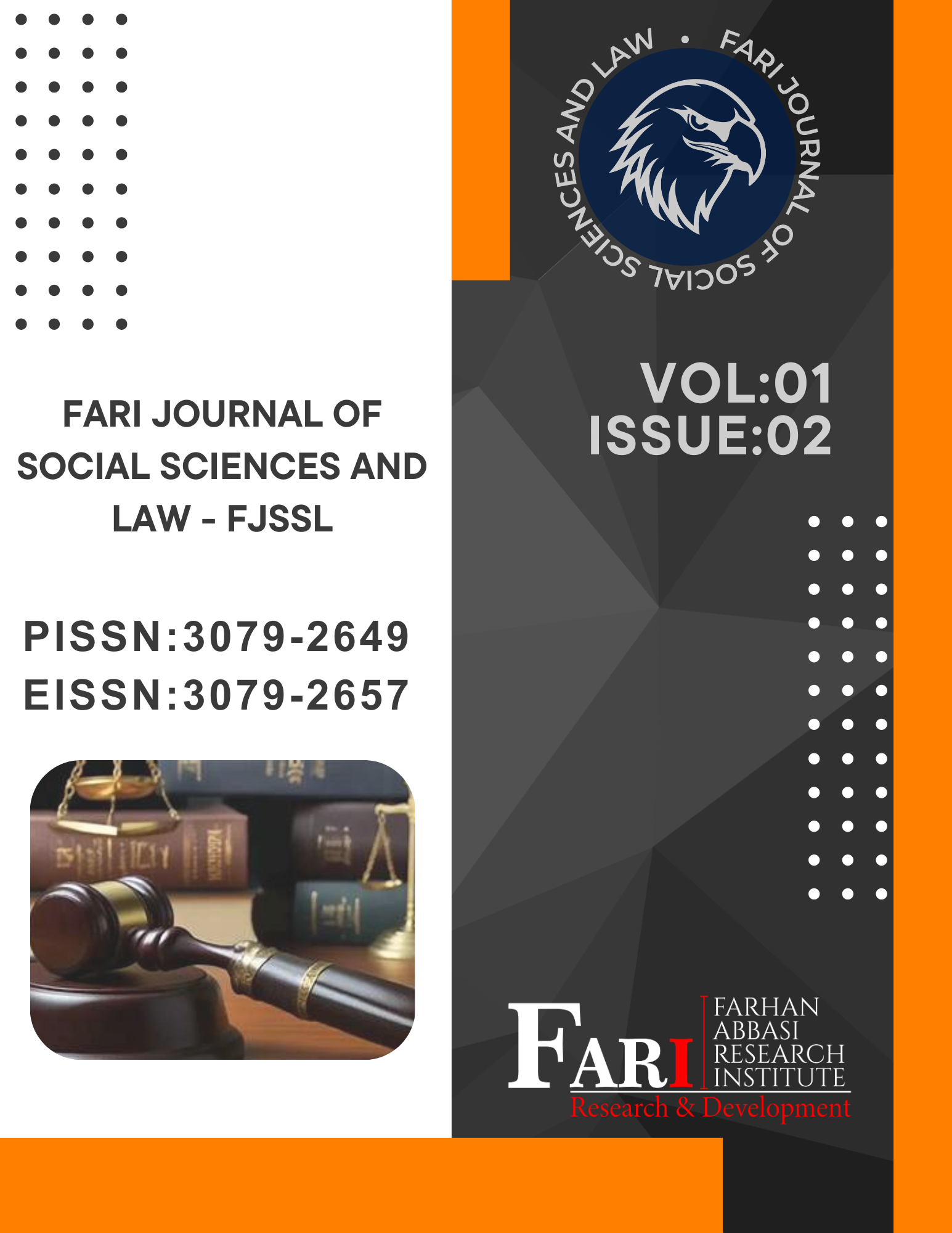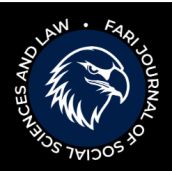The Legal Status of Indigenous Peoples: Land Rights and Social Equity in International Law
Keywords:
Indigenous peoples, land rights, international law, social equity, UNDRIP, ILO Convention 169, customary law, self-determination, sovereigntyAbstract
The legal status of Indigenous peoples concerning land rights and social equity has become an increasingly prominent issue in international law. This paper explores the historical and contemporary legal frameworks that govern the rights of Indigenous communities to land and resources. It critically examines the role of international legal instruments, such as the United Nations Declaration on the Rights of Indigenous Peoples (UNDRIP) and the International Labour Organization's Convention No. 169, in recognizing and protecting these rights. The paper also addresses the challenges and barriers Indigenous peoples face in accessing justice and securing their rights, including issues of sovereignty, self-determination, and the reconciliation of customary and state legal systems. By analyzing case studies from various regions, the paper highlights the successes and failures of existing legal protections and offers recommendations for enhancing social equity and justice for Indigenous populations globally.

Downloads
Published
Issue
Section
License
Copyright (c) 2024 Fari Journal of Social Sciences and Law

This work is licensed under a Creative Commons Attribution-NonCommercial-NoDerivatives 4.0 International License.






